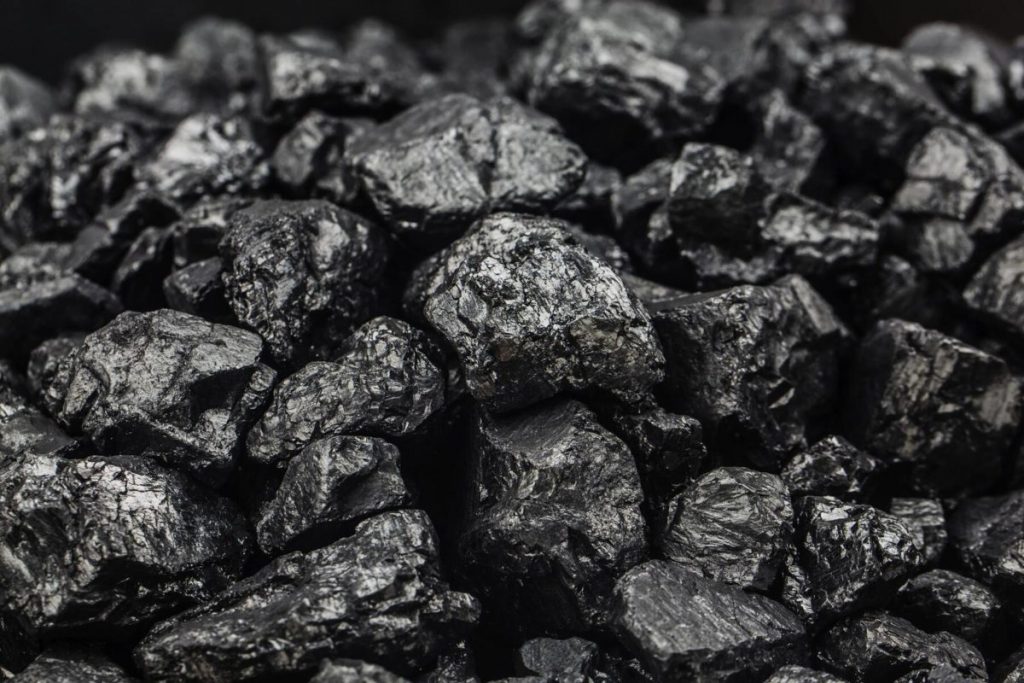
Coal Supplies: China’s Soaring Demand and Impacts
In the dynamic global energy market, Asia’s December surge in seaborne thermal coal imports, led by China, has had a notable impact. Despite China’s increase in imports, coal prices remain stable, influenced by strong exports from Indonesia and Australia. This analysis examines the factors driving the coal market, focusing on supply, demand, and pricing trends.
China’s Increased Thermal Coal Imports
China’s demand for imported thermal coal peaked in December, importing a record 32.08 million tons. This rise was driven by higher coal-fired power generation, spurred by decreased hydropower output and increasing electricity demand. Despite record domestic coal production, China’s reliance on affordable Indonesian and Australian coal remained high. China’s coal production increased by 2.9% in the first 11 months of 2023, reaching 4.24 billion tons.
Price Dynamics of Indonesian and Australian Coal
The affordability of Indonesian and Australian coal grades significantly influenced China’s imports. Indonesian coal, with an energy content of 4,200 kcal/kg, saw a price drop to $57.82 per metric ton, a two-month low and 36% less than the previous year’s start. Australian coal, rated at 5,500 kcal/kg, decreased to $93.23 per ton, marking a five-week low and a 30.1% reduction from the same period in 2023.
Indonesia’s Dominance in Coal Exports
December saw Indonesia’s thermal coal exports reach their highest at 48.05 million tons since March. China was the major importer, receiving 20.99 million tons, the most significant since March, highlighting the role of international trade in energy supply.
China’s demand for imported thermal coal significantly impacts the global market, with Indonesia and Australia as key suppliers. Despite competitive prices and high imports, the coal market shows resilience and adaptability in the changing energy landscape. This analysis offers insights into the current and future state of coal supplies for those engaged in the coal market.


